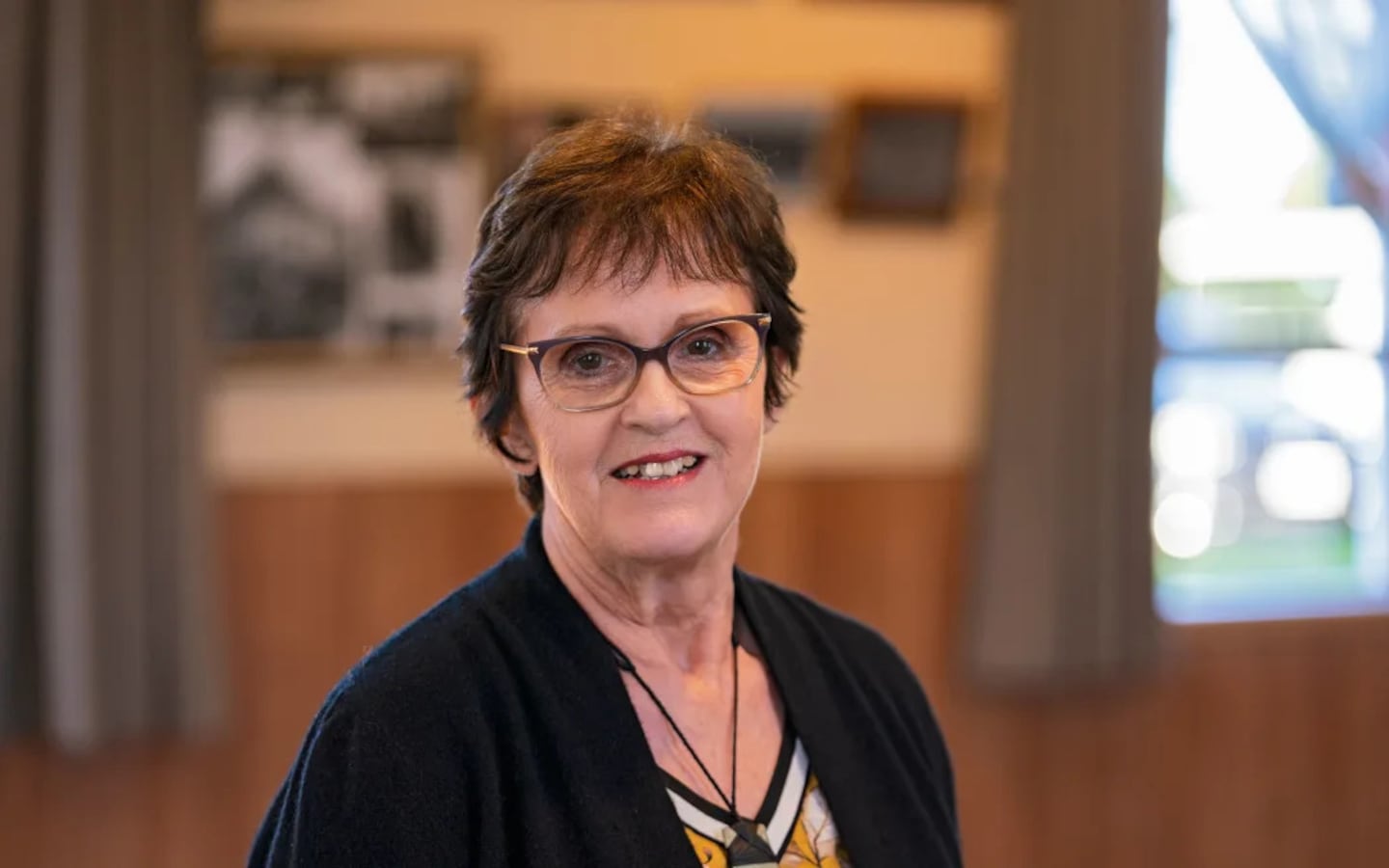Researchers are hopeful a new book will lay out a road map for eliminating family and sexual violence among Māori.
AUT Professor of Māori Health Denise Wilson said her book, A Litany of Sound Revisited, was designed to be easily accessible and pulled all that was known about family and sexual violence into one place.
Published by Te Pūkotahitanga - the Māori ministerial advisory group appointed in June 2022 as part of Te Aorerekura, the national strategy to eliminate family and sexual violence - Wilson said any future work on the issue needed to look at the community holistically.
“It’s not just physical or it’s not just psychological or emotional things that we need to think about - it is about our taiao [environment]; it is about our whānau.”
Wilson said the book unpacked how we got to where we are today.
She hoped people would gain a better understanding of the violence that affects whānau Māori - and the historical and contemporary influences behind it.
“As one kaumātua said to me, prior to colonisation our tikanga, our Māori values and beliefs were the hidden fences that kept us all safe, so a metaphorical way of talking about the boundaries.
“But with colonisation, what [used to be] everybody’s responsibility and obligations to look after one another moved behind closed doors.”
Wilson said there were many kaupapa Māori models that could be called upon to eliminate family and sexual violence.
There was already plenty happening in Māori communities to address the issue, but there were gaps in how any progress was monitored, as well as problems with workforce capability and development, she said.
“I guess my moemoea [dream] is that people gain a better understanding of the violence that affects our whānau, not just the historical influences, but some of the contemporary influences, and how our future lies in our tamariki and rangatahi and how we need to start centring them more.”


